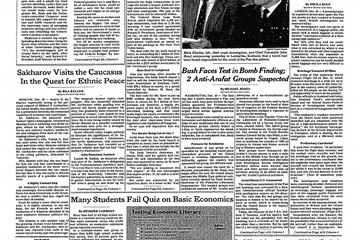Bridget Phillipson: A Rising Star in UK Politics

Introduction
Bridget Phillipson, the British Labour Party politician and Member of Parliament for Houghton and Sunderland South, has emerged as a significant figure in UK politics. Her ascent in the political arena showcases the importance of youth in shaping a more inclusive and progressive future for the country. As the Labour Party seeks to bolster its position ahead of the next general election, Phillipson’s influence and vision may play a critical role in their success.
Political Journey
Bridget Phillipson was elected as an MP in 2012, representing a constituency that has traditionally supported the Labour Party. Since her election, she has been an advocate for education, fair employment, and social reform. Her background as a teacher and commitment to public service have informed her political priorities, focusing on issues such as youth unemployment and educational access. Phillipson’s dedication to her constituents has earned her recognition, and she currently serves as the Shadow Secretary of State for Education.
Recent Developments
In recent months, Phillipson has been vocal about the challenges facing the education system in the UK. She has highlighted the urgent need for better funding for schools and improved resources for teachers, particularly following the disruption caused by the COVID-19 pandemic. Her calls for action have resonated with parents and educators alike, leading to increased support for her initiatives. During the Labour Party Conference in September 2023, Phillipson laid out a vision aimed at rebuilding the education sector, addressing the learning loss incurred during the pandemic, and rejuvenating vocational training. This aligns with Labour’s broader strategy to reconnect with working-class voters and showcase their commitment to tangible change.
Outlook and Significance
As the Labour Party prepares for the next general election, Bridget Phillipson’s leadership and insights are crucial. Analysts believe that her fresh perspective can help galvanize support among younger voters and those disillusioned by traditional politics. As the party aims to clarify its stance on key issues like education, health, and economic recovery, Phillipson’s emerging role could signal a shift in the party’s approach, making politics more accessible to a broader demographic.
Conclusion
Bridget Phillipson’s rise within the Labour Party is not just a reflection of her political acumen but also a sign of changing times in UK politics. Her understanding of the education landscape and advocacy for equitable policies place her at the forefront of a generation looking to reshape governance. As she continues to champion crucial social reforms, her contributions are likely to have lasting implications for the Labour Party’s future and the broader UK political landscape.








